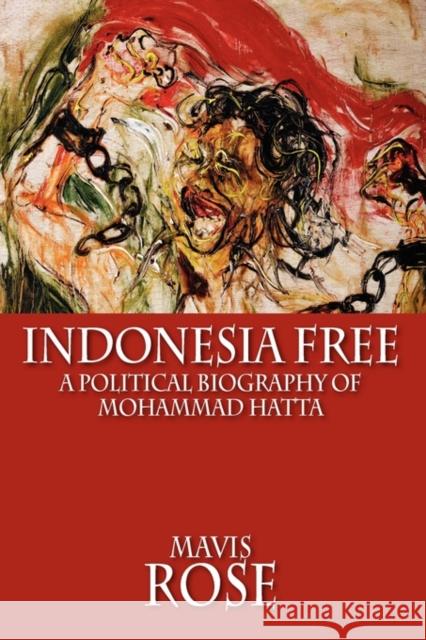Indonesia Free: A Political Biography of Mohammad Hatta » książka
Indonesia Free: A Political Biography of Mohammad Hatta
ISBN-13: 9786028397247 / Angielski / Miękka / 2010 / 356 str.
Mohammad Hatta, the first Vice President and joint proclaimer of the Republic of Indonesia, was a man who devoted almost his entire life to an ideal. From his early years until his death in 1980, the issue of Indonesian freedom overshadowed all other aspects of his life. Hattas biography depicts the dogged determination, courage, and optimism, required by an Indonesian leader if he were to confront a colonial power and win his countrys independence. His life history also portrays the disillusionment and frustration a leader experiences when his life-long democratic ideal is shattered and the new nation reverts to a type of government similar to the one he had dedicated his life to transforming. Indonesian freedom meant more to Hatta than the attainment of national sovereignty; it also demanded an element of social reform. Freedom for Indonesia must also ensure the peoples participation in their countrys government. Independence must not bring to birth a nation in which the majority of the people would be powerless, as in the colonial period. Hattas concept of democratic government and social and economic betterment for the people he named kedaulatan rakyat, peoples sovereignty. Writing Hattas biography has been for me an immensely satisfying experience. Since reading his anthology Portrait of a Patriot as a first-year undergraduate, my curiosity to discover more about Hatta has compelled me to research the life of this complex leader who walked in Sukarnos shadow but yet was a "powerhouse" in his own right. I have been aware that it was impossible to discover the whole truth about Hatta, for only a fraction of his life could be uncovered and recorded. There are also formidable barriers dividing me from Hatta, as I am neither an Indonesian nor a Muslim. I have tried to break down some of these obstacles by interaction with Indonesian people, by extensive reading of Indonesian texts, and by a study of Islam. Fortunately Hatta and I have perspectives in common which acted as bridges. I regret very much that I never had the privilege of meeting him, as he died just at the time I commenced my research. - Mavis Rose











